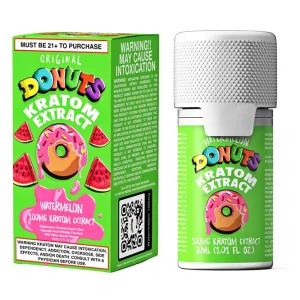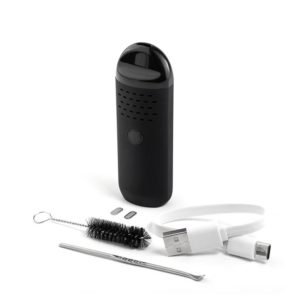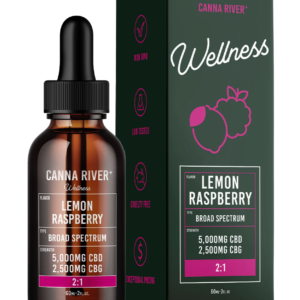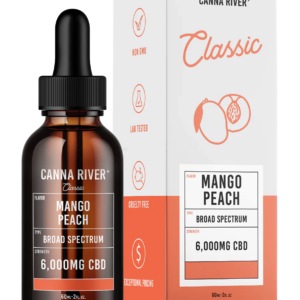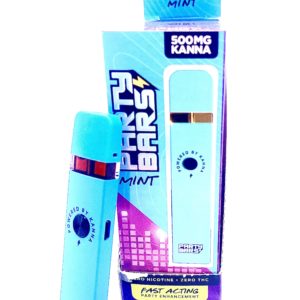Another great, informative and helpful article by: Paul Kemp
PMS is a big problem for women all through the age of menstruation. As many as 3 out of 4 women have some of the symptoms of pre-menstrual syndrome. For some, the symptoms are so intense, they interrupt the activities of daily life and this is termed pre-menstrual dysphoric disorder (PMDD).
Some of the Symptoms of PMS Are:
Bloating, weight gain, headaches, fatigue, cramps, aching muscles, aching joints, low back pain, low sex drive, insomnia, breast swelling & tenderness, constipation or diarrhea, food cravings (especially chocolate)
Mood Changes Commonly Seen Are:
Sadness or depression, mood swings, anxiety, inattentiveness, mood swings, anger, irritability, avoidance of social contact, mood swings, aggression
Many women, however, are discovering that kratom, an herb from Southeast Asia, has a combination of effects that soothe pain and inflammation, boost energy, and raise the mood of those who use it. Kratom also acts as a diuretic, which may help with weight gain and bloating.
Kratom, made from the powdered leaves of the jungle tree Mitragyna speciosa, is a very complex mixture of approximately 40 alkaloids and other compounds that has been used for centuries for energizing laborers, relieving muscle pain, fatigue, depression, and anxiety. It has also been used by diabetics and has some research that proves its effectiveness for overcoming insulin resistance.
With so many women suffering from PMS, you might think more of them would have discovered this herbal remedy. Midol(TM) may have done such a good job of advertising itself as the go-to remedy for women that even guys who aren’t paying much attention know what it’s for. But does it work?
The ingredients in OTC remedies for PMS aren’t very healthy: typically, acetaminophen, caffeine, and an antihistamine. What could a woman take, if she wanted to get some sleep?
The women we talked to aren’t impressed by OTC remedies for PMS.
Women have, throughout history and prehistory, been called the keepers of the herbs. Herbcraft was also connected with witchcraft at times in Western cultures.
Many women today have come to trust herbs and minerals more than the FDA-approved pharmaceutical concoctions made with petrochemicals in a sterile lab.
In medieval times, the reason herbs were distrusted was that somehow herbal healing was associated with the Devil. Now the forces squaring off against herbs are purely commercial.
Herbs do not fit in the profit schemes of the giant pharmaceutical companies, so their reasoning dictates that herbs must be driven from the marketplace. This is done by forcing them to prove their safety and efficacy with expensive laboratory testing.
Customer satisfaction counts little in deciding whether an herb like kratom will be allowed by the U.S. Food & Drug Administration.
Nevertheless, as you will see below, kratom — in the judgement of many who suffer the monthly pains of PMS — is safer and works better. Those who are suffering post-menopausal depression tell us they, too, find comfort in kratom.
As customers, women must ask the pertinent question: Why shouldn’t we, the consumer, have a say when the FDA considers the safety and efficacy of kratom and other herbs?
Who is better-qualified to grade the quality of relief than the consumer? Why shouldn’t we have kratom? People in Thailand and Indonesia wouldn’t have continued using kratom if it wasn’t pleasing them.
Get the highest quality Kratom by CLICKING HERE!
Kratom Consumer Testimonials
Lee: “First month on kratom and no cramps. Pretty amazing.”
Tiffany: “I try to stay away from pharmaceutical drugs as much as I can. Kratom works better and is natural.”
Ann: “Kratom, turmeric and nutmeg has helped me dramatically with PMS.”
Alicia: (Midol) It’s def not on the top of my list, but if I was away from home and had no other choice, I would take it. It has a diuretic in it, so it can help with the bloating. For me, my moods are more bothersome than the bloating, so I really need something to target that. I don’t know of anything pharmaceutical that really helps, but Midol’s better than NOTHING.
Alicia: “I swear by ashwagandha, catnip, and skullcap during “that time.” The three together help simmer down my moods and seems to help with the bloating quite a bit.”
Donna: “Throughout my entire life, I sought relief from depressive symptoms/suicidal thoughts which are so predominant in both preMS and postMS! Pharmaceuticals/antidepressants NEVER worked for me…I believe I tried 99% of all them. As far as over the counter medications, (back in the day)… My go to was Midol, and it did help with the discomfort.. Again, that was back in the day, when kratom was not in my life!”
Kristi “Kratom solved my PMDD. Takes the edge off cramps. If I add things like tumeric, skullcap and wild lettuce, I have it beat. No Rx meds or otc meds required.”
Rosalind: “In my opinion, kratom is well indicated for menstrual cramps. Turmeric is added for anti-inflammatory effect. And drinking Emergen-C and fresh orange juice too.”
“As for benefit: decreased cramps, decreased pain & discomfort, decreased headache and fatigue, increased bowel mobility, which helps alleviate the tummy cramps (from menstruation). Also a decrease in PMS symptoms unless medications are taken, then PMS returns, maybe caused by some interaction or effect on neurotransmitters in brain.”
Judie: “So far I have only used 6 kratom capsules loaned to me by a friend. I’m on opiates (for Fibromyalgia pain). I noticed when the opiates wore off I had absolutely no depression which I always do otherwise. Before kratom, 2 Magnesium 250mg and 2 B-6 50mg, morning and evening, were what worked for me.”
Tiffany: “Kratom works amazing for PMS. I add turmeric, B vitamins, and red wine.”
Donna: “I’m past PMS…but I can assure you I have NO Post menopausal depression any more. It just dawned on me my depression is gone, out of here, history. Just another plus to add!”
Donna: “It’s a killer (post menopausal depression) …no pharmaceutical antidepressant ever helped.. Also I no longer have chronic fatigue syndrome. I am so energetic, I am so thankful to God!”
